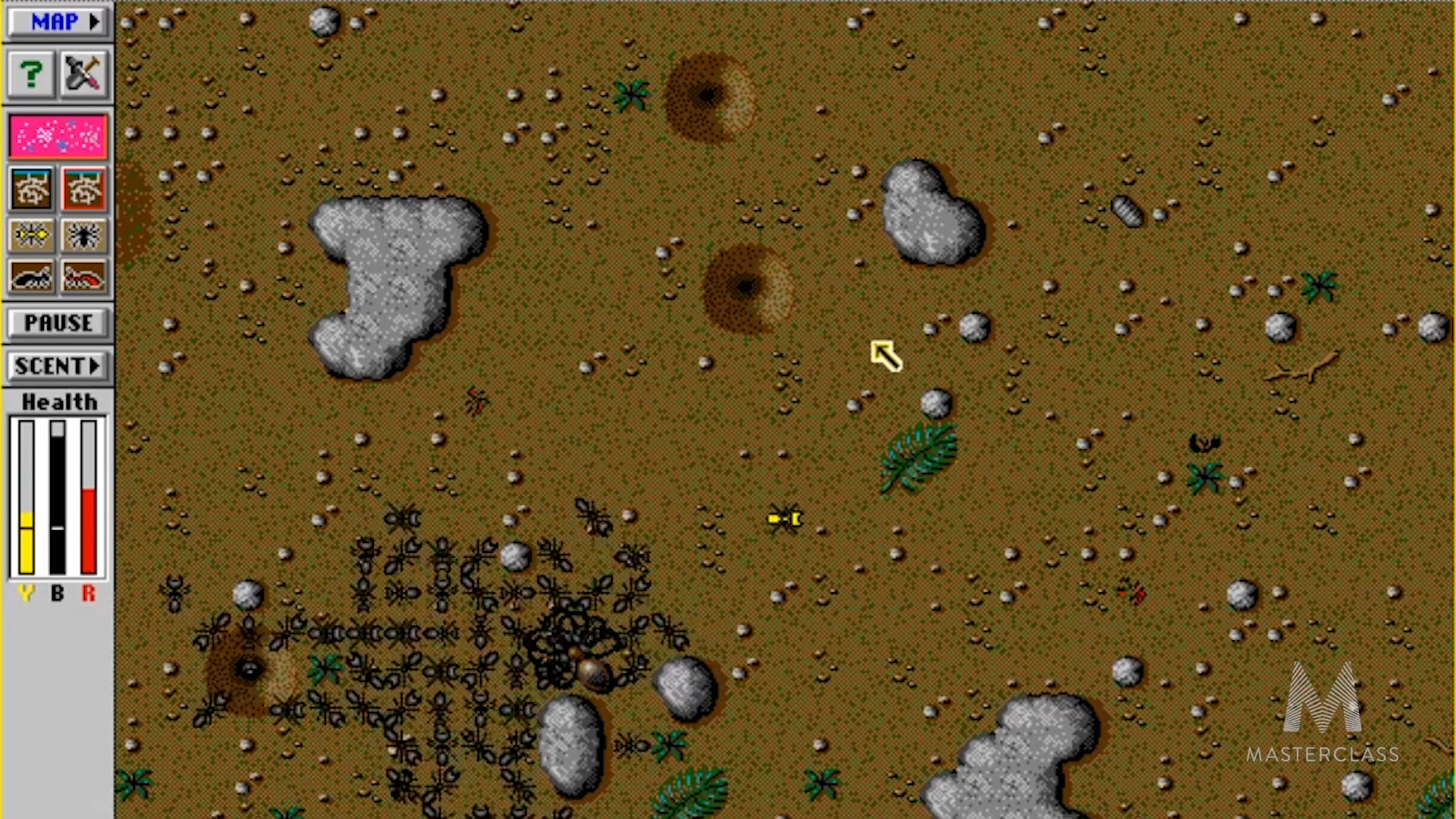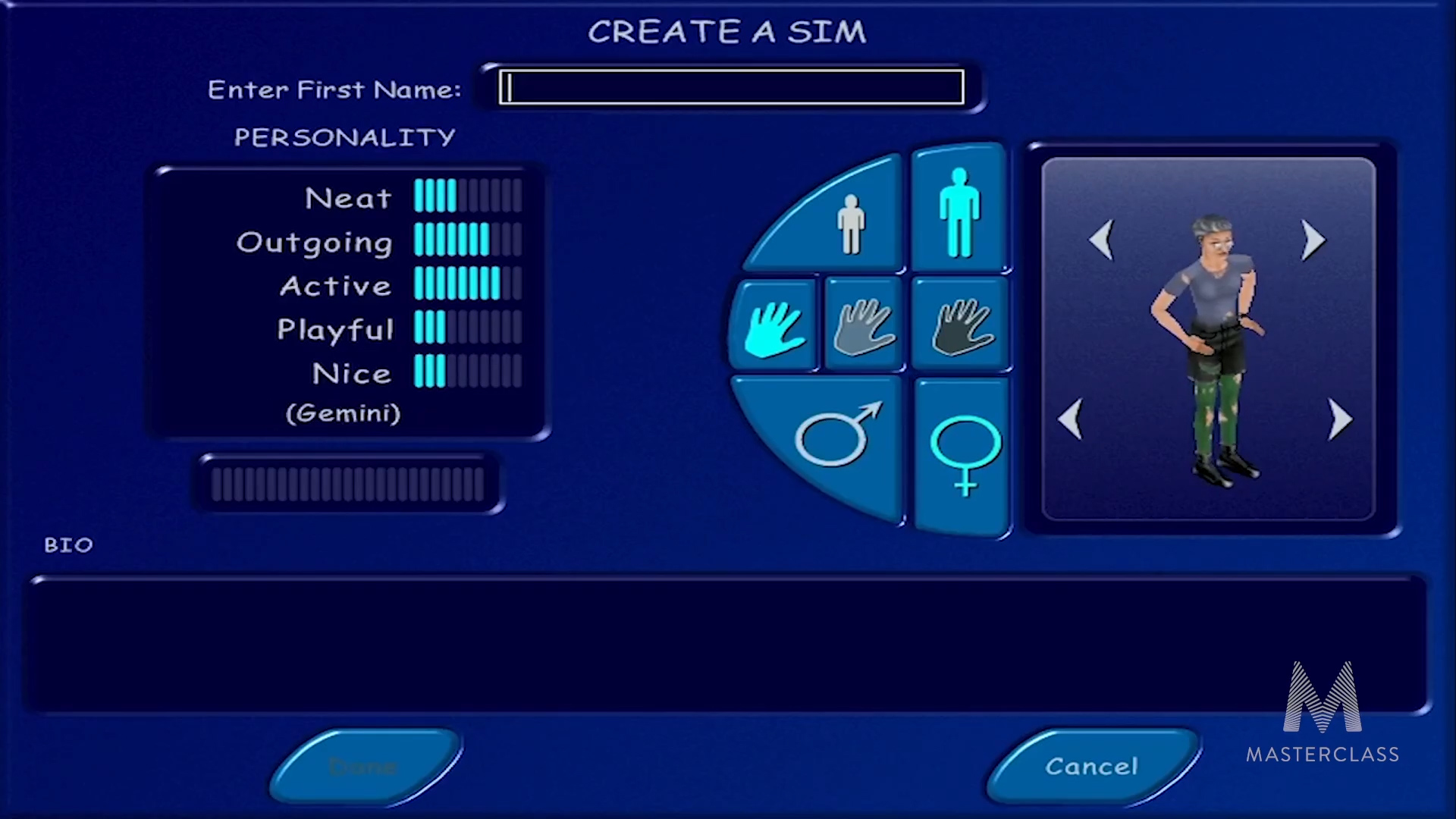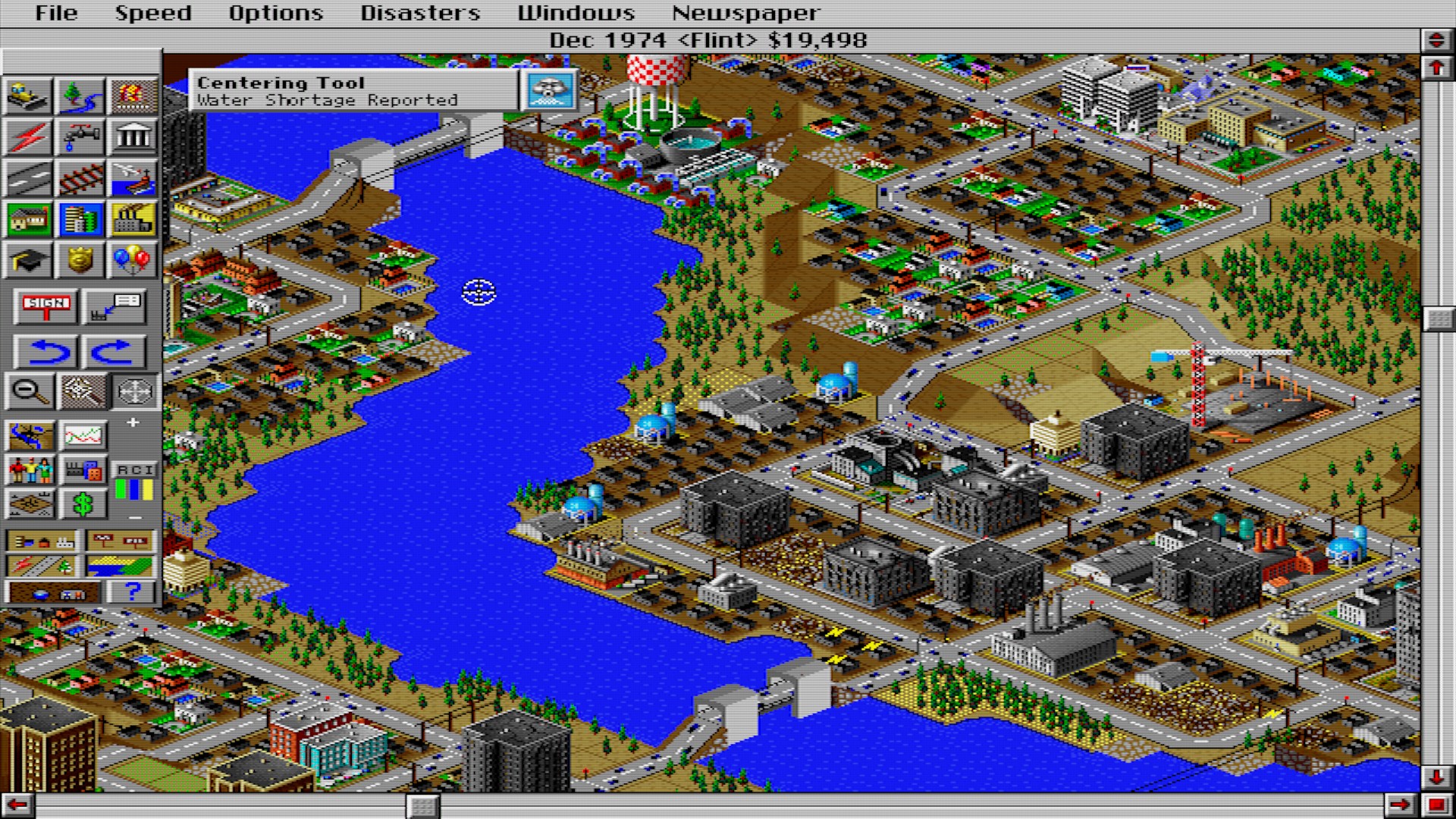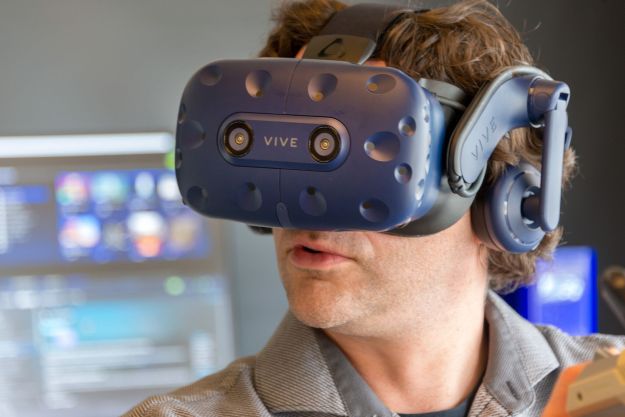When it comes to video game design, there are very few people with more experience than Will Wright. In the industry for more than three decades, Wright played a pivotal role in the creation of the simulation genre with SimCity, and later designed The Sims, among the most popular PC games of all time.
Now, Wright wants to teach budding game creators his techniques and unique approach to design through the MasterClass program – it’s the first game design course offered by MasterClass, which has hosted lessons from people like Steve Martin for comedy and Martin Scorsese for filmmaking. Digital Trends had the chance to ask Wright about how he approached the material, and how his career got him to where he is today.
Lessons learned
“I’ve done hundreds of talks at different places about game design to different audiences,” Wright said when asked how his approach would differ from lectures he has given in the past. “And it helps me really structure my thinking. I’ve never really, from beginning to end, said, ‘Ok, here’s how I would teach game design.’”
Teaching in the class and in lectures has also helped Wright to learn more about why he’s made certain game design decisions.
Teaching the material in the class and in lectures has also helped Wright to learn more about why he’s made certain game design decisions, as he is forced to lay everything out and present it in a way that is digestible to his audience and students.
It’s an approach that wasn’t really possible when Wright began designing early games, as the conventions and techniques for game design didn’t exist yet. Instead, he said that much of his education came from interacting with other game designers who were going through the same trial-and-error approach.
“In the very early days, there were the very early Game Developers Conferences, which were like 80 people and 300 the next time,” Wright said. “Everybody knew each other. And we learned a lot from these other game designers. We were all trying to figure this thing out on our own, as well. I think that I would probably do a lot of things very different, but on the other hand, I think I learned from the path I took and even the failures I had. I learned a lot, which benefited me later.”
New challenges
That being said, wisdom and design philosophies haven’t made game design universally easier in 2018 than it was in the 1980s. On the contrary, the progression of technology has actually made it more difficult. Around the turn of the century, technology limitations essentially “evaporated” in regard to game design, which put the burden on designers to manipulate the player’s own psychology rather than just elements in the game itself.
“The computer is pretty straightforward. There are a lot of things out there that use programming and animation, that kind of thing. But I’d say now that there’s almost no meaningful technological limitation, a designer has many more opportunities, which actually, in some ways, makes the task more difficult.”
This was the case with Spore, Wright and Maxis’ massively ambitious creature-based simulation game. Despite seeming like an immense technical challenge, computer issues weren’t the biggest hurdle his team faced. Instead, it was simply pinpointing where players were going to want to spend their time.
Wisdom and design philosophies haven’t made game design universally easier in 2018 than it was in the 1980s.
With the game industry ballooning in terms of the sheer number of games being released – tracking service Steam Spy said about 21 per day were released on Steam alone in 2017 – being able to find a niche and a hook that will still bring players to your game and not someone else’s becomes a challenge in itself. Players have also gradually begun to associate certain design conventions with a particular genre, such as first-person shooters having an “aim down sights” option, but this isn’t how Wright approaches his games.
“One of the things I really try to make a point of is, as a designer, I try not to pick a genre,” Wright said. “A lot of people say, ‘I’m going to make a really cool first-person shooter or a really cool RTS,’ and I think that’s kind of the wrong approach. I would typically start with some subject or theme and then zero in on what the player is doing and the interactivity. And then eventually, you might look at it and go, ‘Oh, that’s a strategy game.’”
The latest experiment
Because of his experiences designing games with a player-first mindset and focusing on how they will react to experiences, it’s no surprise that Wright’s latest game is based almost entirely on the players themselves. Proxi, scheduled to arrive to mobile devices in 2019, asks players to sculpt their own memories into building blocks called “Mems,” allowing them to effectively create a personal AI based on their unique experiences.

These can then be shared with friends and loved ones, giving them a visual and auditory look inside your brain for the first time. You can even collaborate with others to shape memories together. It’s unlike anything we’ve seen before, and Wright is in the same boat. He said that about half of his games come from his desire to play a game that nobody has happened to make, but could have, while something like Proxi and its approach to players’ identity is entirely new.
“I think it’s almost just where my career has brought me,” Wright added. “It’s brought me closer and closer to the player – into their head now.”
It’s no surprise that Wright’s latest game is based almost entirely on the players themselves.
In order to create a believable world for players, and blur the line between reality and game, designers don’t necessarily have to focus on simulating every facet of life. Instead, including just a few well-designed systems often bring better results than painstaking replication of the world around us. This is a technique you often see in emergent game design, where a player’s interactions with a simple environment can lead to more complex and sometimes, unpredictable outcomes.
“Quite a bit of the MasterClass is focused on system designs and basically how you discover emergence, because emergence is not something you engineer. Its more something you discover,” Wright said.
We’ll have to wait and see if Wright was able to achieve this using the experimental design of Proxi, but he has unquestionably created some of the most lifelike games of all time without ever striving for one-to-one realism. As a new game designer, utilizing his philosophies won’t give you the tools you need to make the next Spore. Instead, they should give you the building blocks for designing your dream game, and that seems much more valuable.






